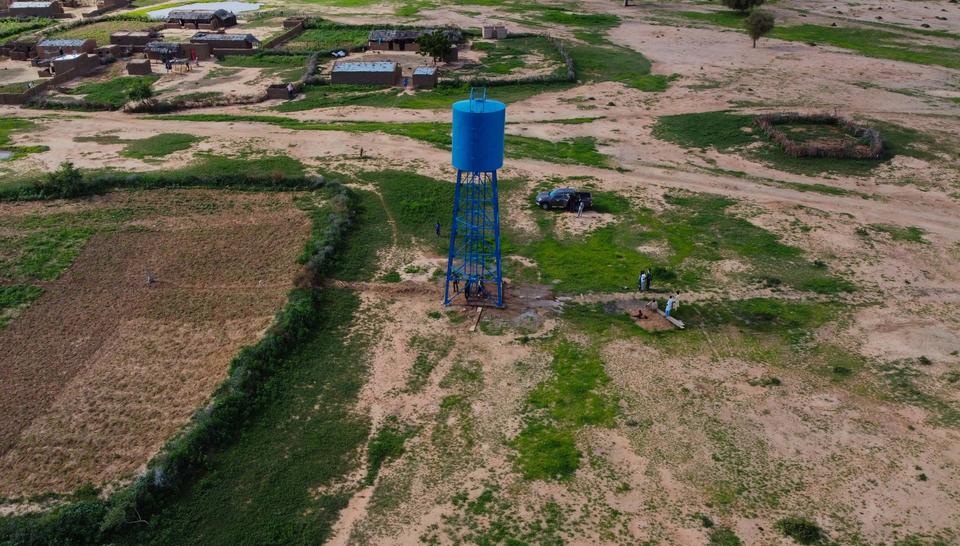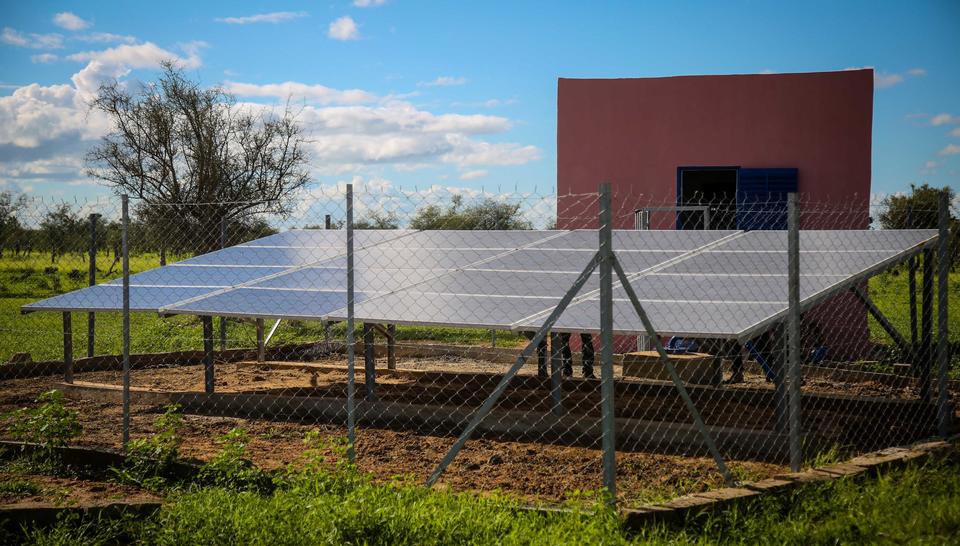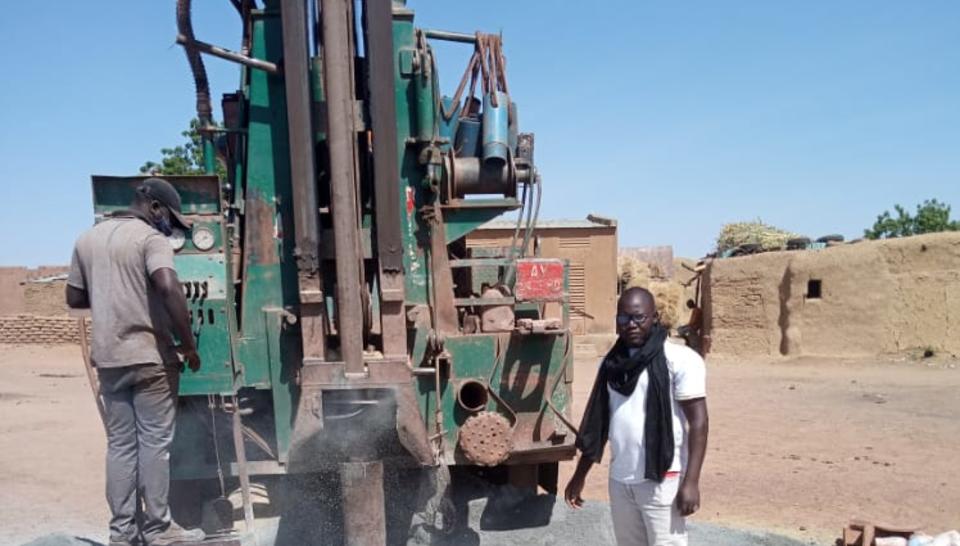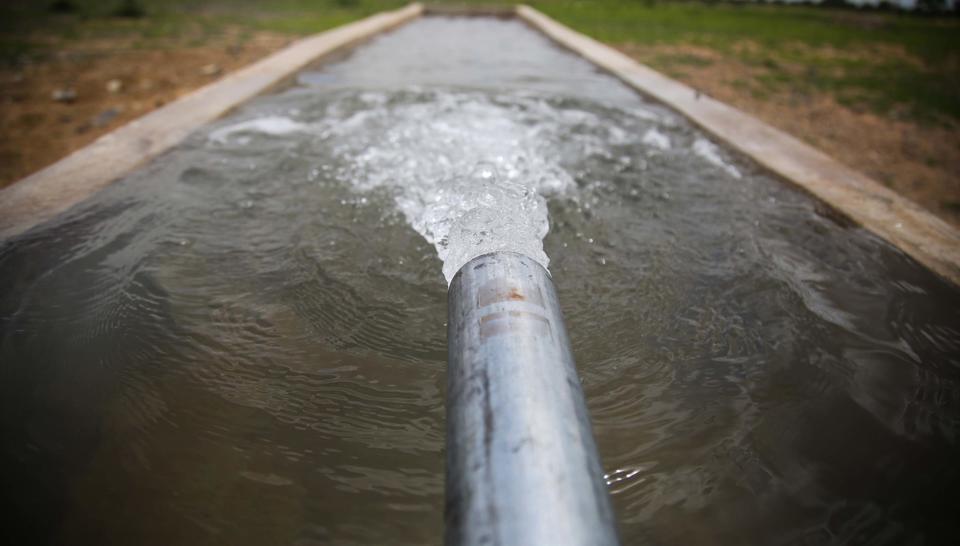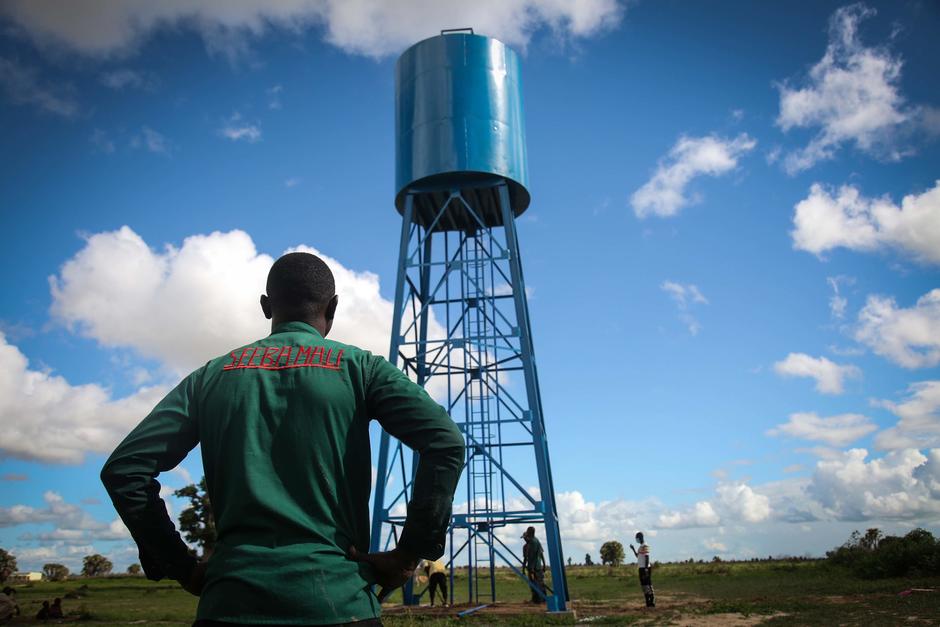
Humanitarian & development
- Location:
Mali, Niger, Burkina Faso, Mauritanie
- Sponsor:
Thierry Vandevelde
- Grants:
€ 20,000 to the Selection Committee on 6 April 2022 (1st phase, Mali)
€ 400,000 to the Board of Directors on 13 June 2022 for the extension to the Sahelian zone known as the "three borders" (Niger, Burkina Faso and Mauritania)
Project leaders
Aded, Seeba in partnership with the Crisis and Support Centre (CDCS) of the Ministry of Europe and Foreign Affairs
When a region is shaken by armed conflict or climate change, access to water deteriorates. Yet it is a prerequisite for human development and regional stability. With the Wapidi action programme, the challenge is to increase the number of water points in northern Mali and the Sahel Tri-border area.
The Wapidi (Water for Peace and Development) programme aims to promote access to water as a stabilising factor in regions threatened by conflict. Thanks to trust-based partnerships with public authorities and local private players, Wapidi is able to target regions deemed to be at risk and, as such, neglected by traditional development policies.
Wapidi is the fruit of a partnership between the Veolia Foundation and the Crisis and Support Centre (CDCS) of the French Ministry of Europe and Foreign Affairs, and is implemented by the Veolia Foundation's Malian partners: Sahélienne de l'eau, de l'énergie et du bâtiment (Seeba) and the Association pour un développement durable au Mali (Aded).
An initial programme in Mali
In Mali, the programme is part of the targeted reinforcement of territories in the centre and north of the country, a strategy deployed after the peace agreement signed in 2015. Five villages in the regions of Kayes, Kidal, Mopti, Gao and Timbuktu have been selected for the installation of drinking water supply points.
In practical terms, deep boreholes connected to water towers are being built to supply water directly to standpipes and drinking troughs. Emphasis is placed on social intermediation, i.e. setting up management committees, training management staff and organising hygiene awareness sessions for local people. This is a sine qua non for the sustainability of the project. Particular attention is paid to including young people and women in the project.
Extending the programme to three Sahel countries
The success of this first programme in Mali led to the decision to extend Wapidi to the Sahel zone known as the "three borders". Burkina Faso, Niger and Mauritania have been selected to receive 18 water access points: 12 in Niger, five in Burkina Faso and one in Mauritania. The same partners are in charge. Each of the sites was chosen in consultation with the national authorities (Services de coopération et d'action culturelle), local and traditional authorities (village chiefs) and the CDCS.
As in Mali, a water price has been set to ensure the sustainability of the operation. Technical training is also planned for fountain operators.
While Wapidi has been designed to reduce the risk of conflicts flaring up again in Mali, it also helps to combat epidemics. As a prerequisite for good hygiene, water is becoming an essential lever for stemming the circulation of a virus and enabling the development and pacification of territories weakened by conflict and poverty.
The Foundation is therefore pursuing its commitment to access to water and sanitation with the conviction that public-private partnerships are undeniably effective levers.


